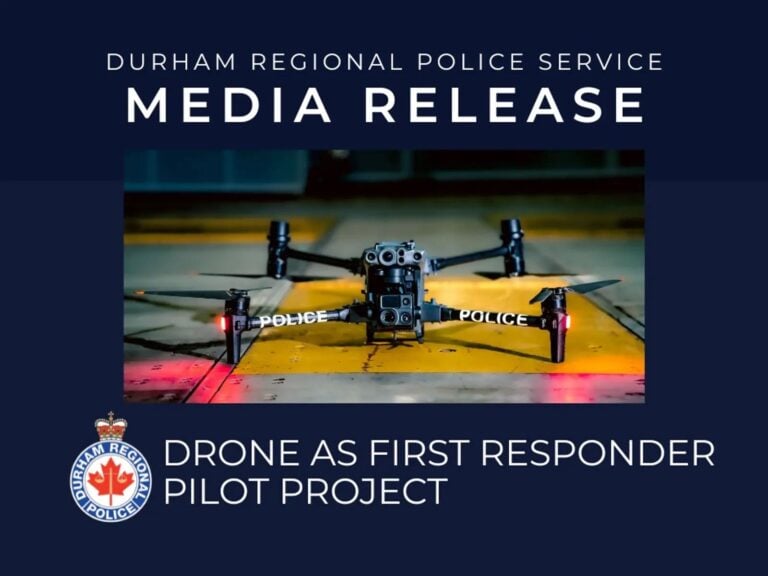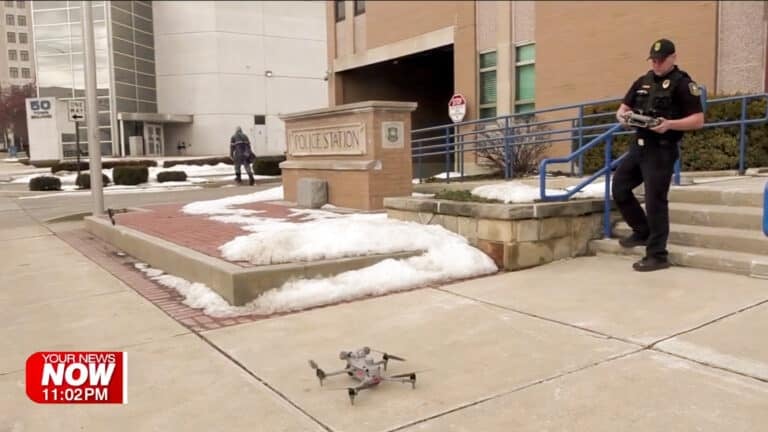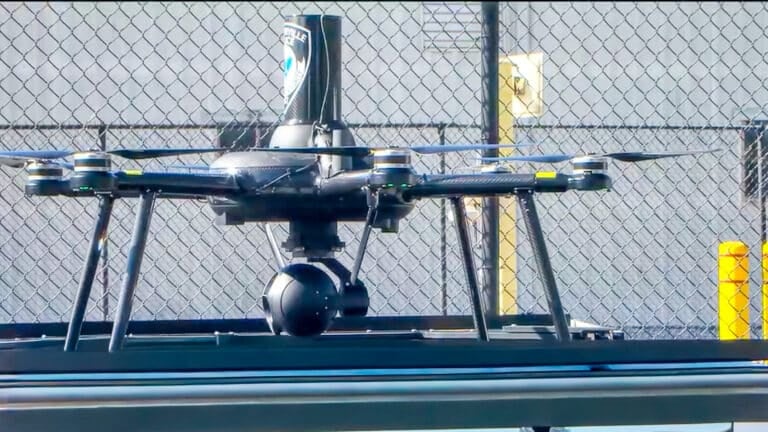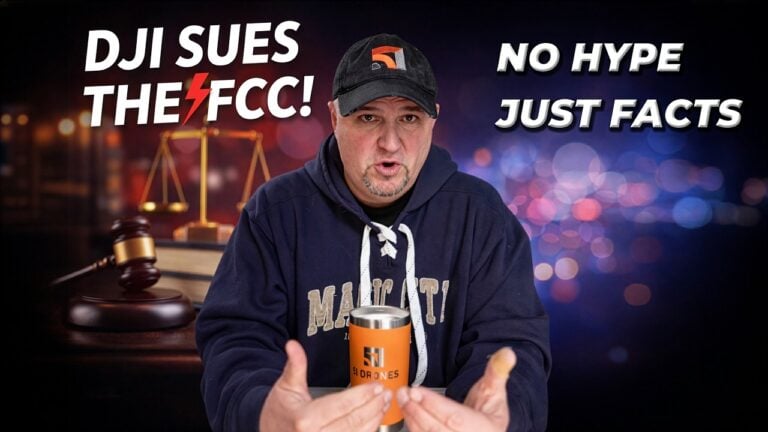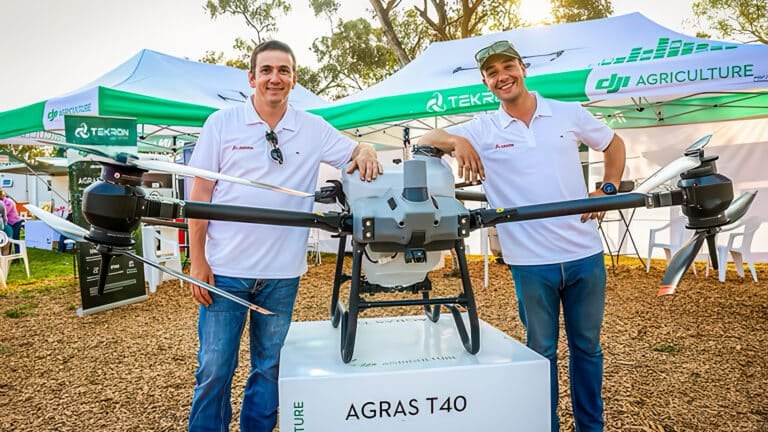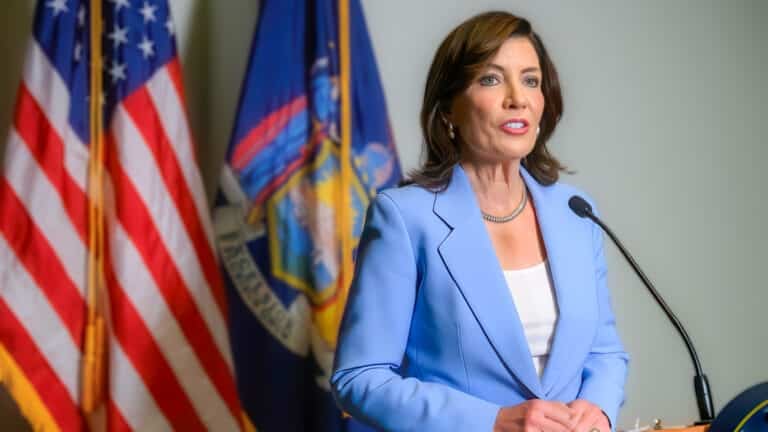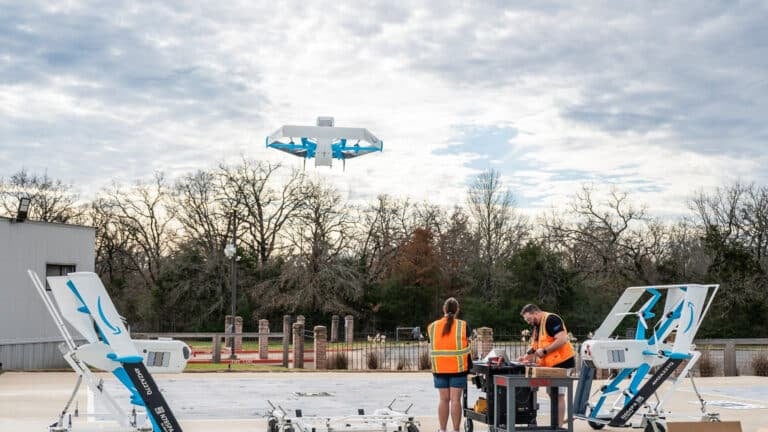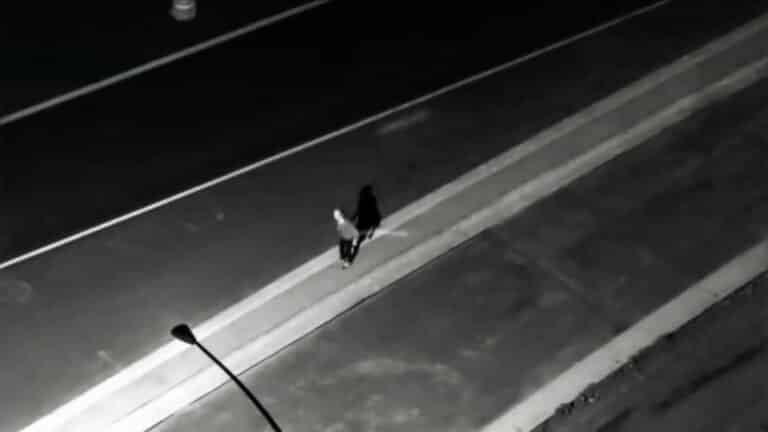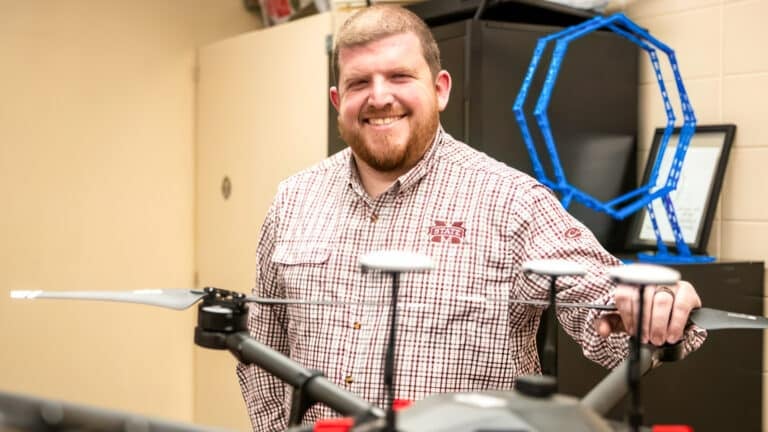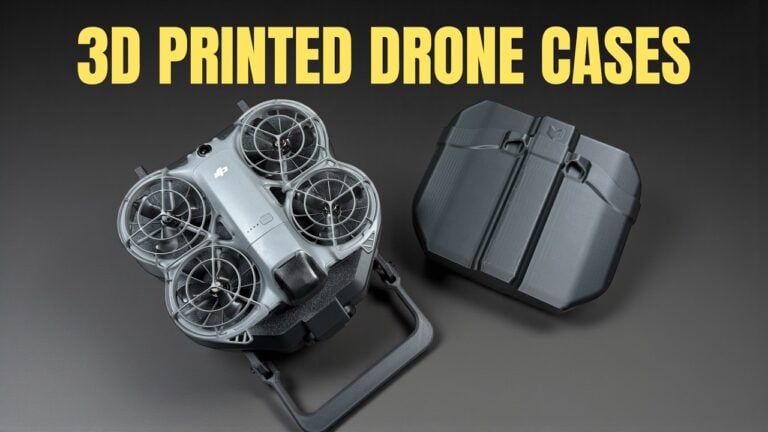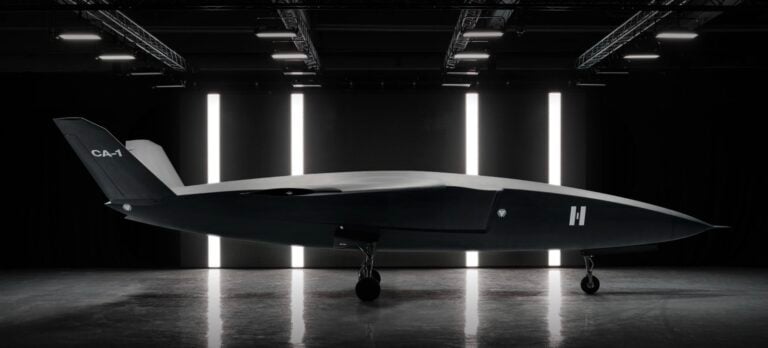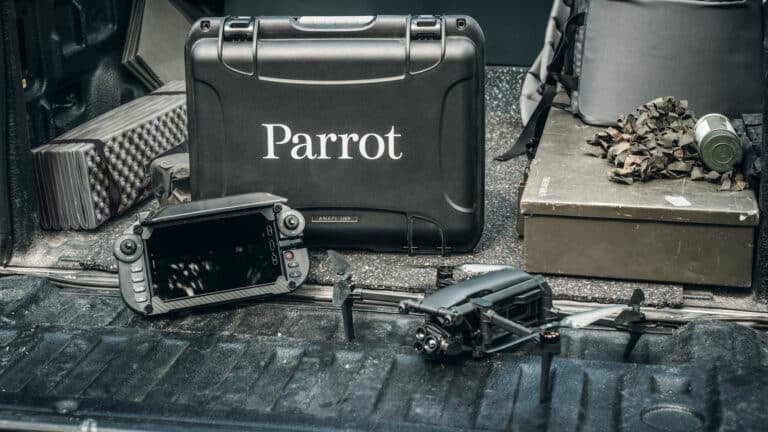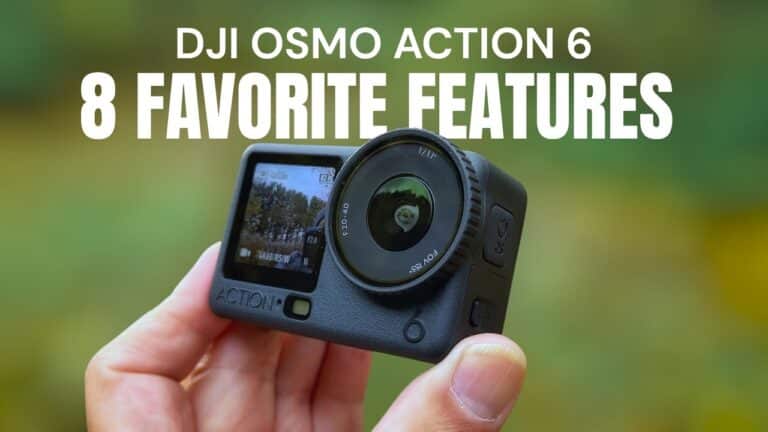London Police Launch Drone-as-First-Responder Program with 2-Minute Response Times
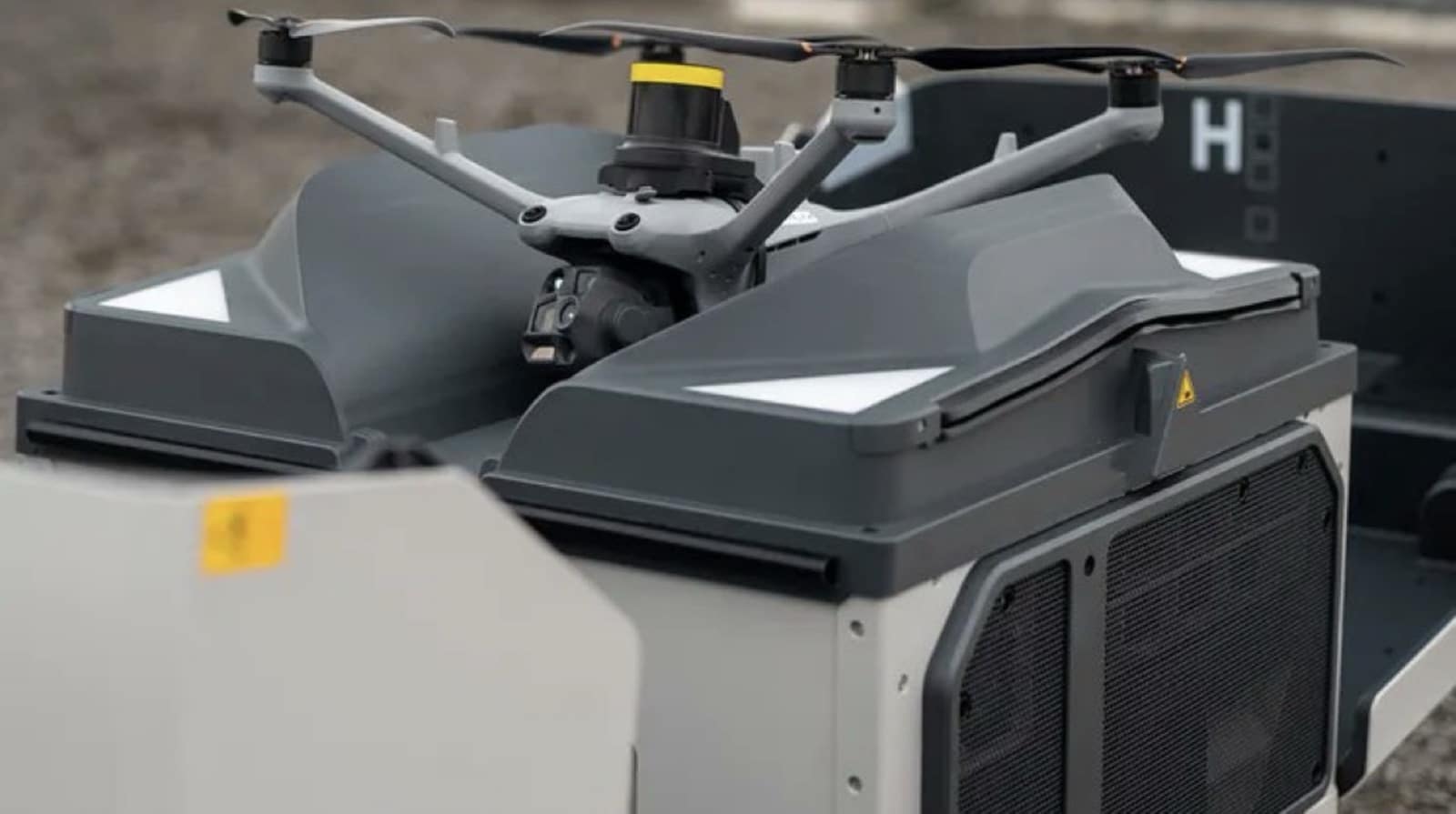
Check out the Best Deals on Amazon for DJI Drones today!
London’s Metropolitan Police have begun deploying remotely-operated drones to emergency calls, with the unmanned aircraft reaching crime scenes within two minutes to stream live footage to responding officers. The trial program, known as “Drone as First Responder,” launched in the north London neighborhood of Islington and aims to expand to two additional sites covering the West End and Hyde Park by the end of the year.
This marks a significant expansion of drone technology in urban policing, bringing rapid aerial response capabilities to one of the world’s most populous metropolitan areas. The program positions London alongside U.S. cities like San Francisco in adopting drone-first emergency response strategies.
How London’s Drone Response System Works
The drones are housed in weatherproof boxes mounted on rooftops of police buildings, where they remain charged and ready for deployment 24/7. When a 999 emergency call comes in, operators in the Met’s control room can remotely launch a drone that arrives on scene within two minutes, according to the Metropolitan Police announcement.
Once overhead, the drones transmit real-time high-definition footage directly to the control room and to officers’ mobile devices as they travel to the scene. This gives commanders immediate situational awareness before personnel arrive, helping them determine appropriate resource levels and identify potential threats.
The Metropolitan Police has not disclosed which specific drone models are being deployed in the London trial. While other UK forces like Norfolk Police have publicly confirmed using DJI Dock 2 systems, the Met has historically declined to release details about drone equipment, citing operational security concerns. This lack of transparency has prompted freedom of information requests from aviation advocates seeking clarity on the technology being deployed over London neighborhoods.
Expanding Police Drone Operations Across the UK
The London trial is part of a broader National Police Chiefs’ Council initiative that has been running Drone as First Responder trials across multiple UK police forces for two years. Norfolk Constabulary, Cleveland Police, West Midlands Police, and a joint operation between Hampshire, Isle of Wight, and Thames Valley Police are also testing the technology.
Assistant Commissioner Laurence Taylor, the national lead for drones, said the program would help police “arriving at crime scenes across London quicker” and provide intelligence for “tracing suspects, locating missing people and delivering intelligence to our officers as they respond to Londoners when they need us most.”
Superintendent Taryn Evans, who leads the NPCC Drones Programme, emphasized the technology has “proven a gamechanger in many incidents” during trials across urban and rural environments. She noted the Met’s pilot brings together “our two years of learning and development.”
Applications and Operational Benefits
The Met said drones will support various frontline policing needs, including searches for missing people, tracing suspects fleeing crime scenes, and quickly capturing evidence. The force emphasized the drones are faster, quieter, cheaper, and more environmentally friendly than traditional police helicopters while delivering similar operational capabilities.
Data from the NPCC reveals that between October 2024 and March 2025, UK police drones were deployed 26,584 times, leading to the location of 721 suspects, 649 missing people, and 163 vehicles.
The program comes as Britain’s Civil Aviation Authority selected six projects in August 2024 to test beyond visual line of sight drone operations for deliveries and infrastructure inspection, signaling broader UK efforts to integrate unmanned aircraft into everyday operations.
DroneXL’s Take
London’s rollout of Drone as First Responder technology follows a pattern we’ve been tracking closely across both sides of the Atlantic. Last year, we covered San Francisco’s DFR program demonstrating how drones routinely beat police officers to crime scenes, and the results have been compelling for response times and officer safety.
The Met’s approach mirrors successful U.S. implementations but arrives in a city already heavily monitored by CCTV cameras, raising familiar questions about surveillance creep that we’ve examined in our recent coverage of controversial automated license plate reader drones being pitched to American departments.
What’s particularly notable here is the NPCC’s methodical two-year trial process across diverse environments before bringing DFR to London proper. This stands in contrast to some U.S. deployments that moved faster with less public consultation. The question for Londoners and drone advocates alike is whether the Met’s promised transparency around deployment decisions and footage retention will materialize, or whether this becomes another normalized surveillance layer in an already-watched city.
The environmental argument – drones burning 95% less fuel than helicopters – is legitimate and shouldn’t be dismissed. But the real test will be whether London establishes clear boundaries between emergency response and routine surveillance, something U.S. cities are still struggling to define.
What do you think? Share your thoughts in the comments below.
Discover more from DroneXL.co
Subscribe to get the latest posts sent to your email.
Check out our Classic Line of T-Shirts, Polos, Hoodies and more in our new store today!

MAKE YOUR VOICE HEARD
Proposed legislation threatens your ability to use drones for fun, work, and safety. The Drone Advocacy Alliance is fighting to ensure your voice is heard in these critical policy discussions.Join us and tell your elected officials to protect your right to fly.
Get your Part 107 Certificate
Pass the Part 107 test and take to the skies with the Pilot Institute. We have helped thousands of people become airplane and commercial drone pilots. Our courses are designed by industry experts to help you pass FAA tests and achieve your dreams.

Copyright © DroneXL.co 2026. All rights reserved. The content, images, and intellectual property on this website are protected by copyright law. Reproduction or distribution of any material without prior written permission from DroneXL.co is strictly prohibited. For permissions and inquiries, please contact us first. DroneXL.co is a proud partner of the Drone Advocacy Alliance. Be sure to check out DroneXL's sister site, EVXL.co, for all the latest news on electric vehicles.
FTC: DroneXL.co is an Amazon Associate and uses affiliate links that can generate income from qualifying purchases. We do not sell, share, rent out, or spam your email.




